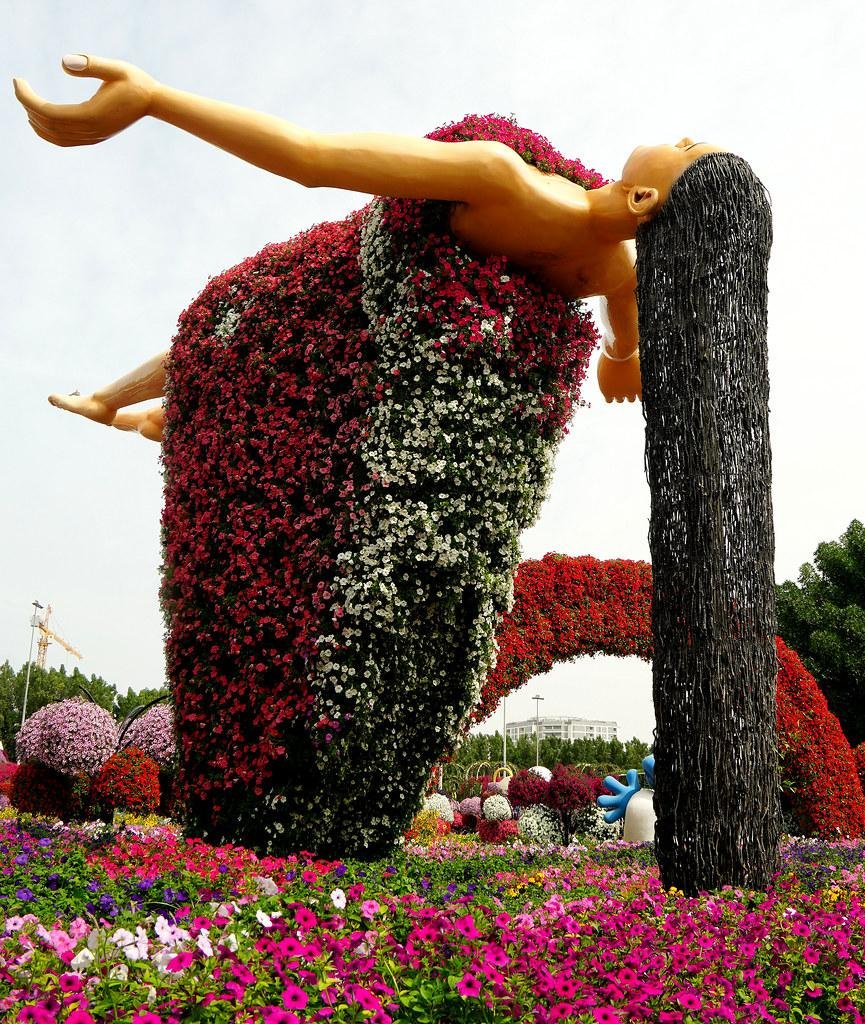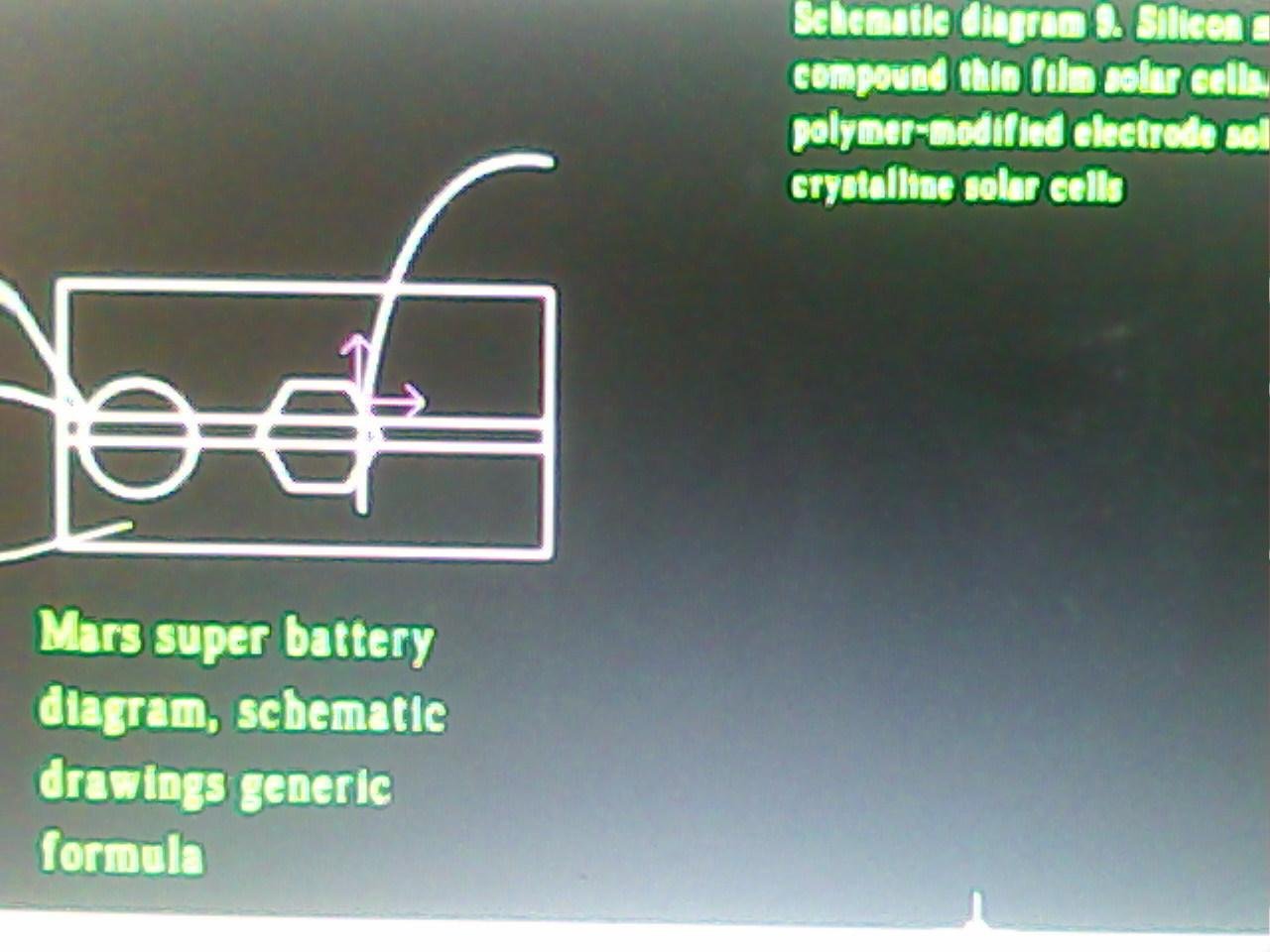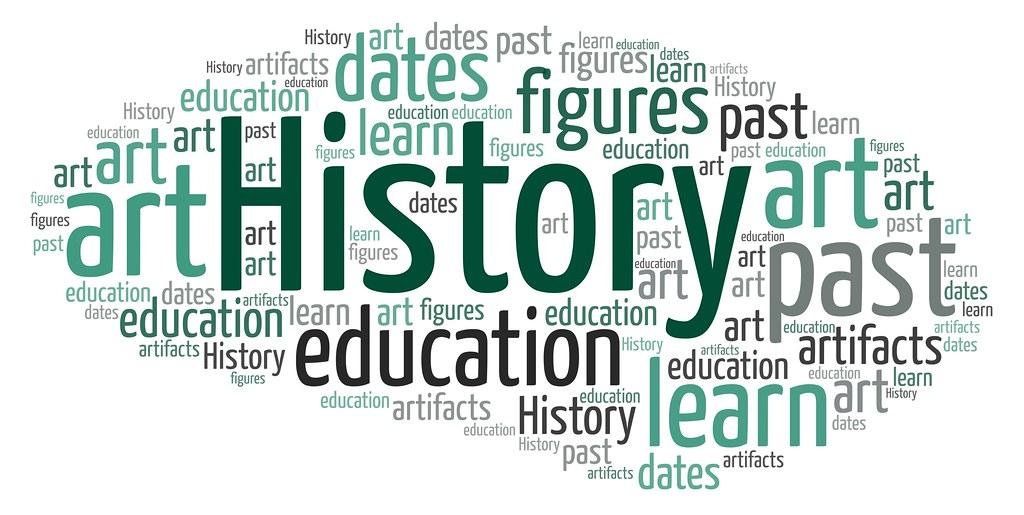How can learning the Arabic language in الكويت help someone better appreciate the country’s cultural heritage and customs?
Introduction:
Pakistan, a country known for its diverse culture and rich history, is home to a vibrant and multifaceted language: Arabic. While many may associate Arabic with the Middle East or North Africa, it may come as a surprise that it also plays a significant role in the linguistic and cultural landscape of Pakistan. Arabic is not only an official language in the country, but it is also used widely in religious, educational, and political contexts. In recent years, there has been a renewed interest in exploring the beauty and complexity of Arabic in Pakistan, leading to a renaissance of sorts for the language. In this article, we will take a journey through the vibrant world of Arabic in Pakistan, delving into its rich history, cultural significance, and its role in society today.
Discovering the Vibrant World of Arabic in Pakistan:
Arabic, also known as “باكستان” (Bakistan) in the local language, is one of the oldest and most widely spoken languages in the world. It belongs to the Semitic family of languages, and it is the official language of over 20 countries, including Pakistan. In Pakistan, Arabic is spoken by a significant portion of the population, primarily in the provinces of Sindh and Balochistan, as well as in major cities such as Karachi and Quetta. Besides being an official language, it is also a lingua franca among religious communities, particularly among Muslims, who represent the majority of the population in Pakistan.
The Hidden Treasures of Arabic in Pakistan:
Pakistan has a long and rich history, with a diverse range of cultures, religions, and languages. The country has been a melting pot of civilizations, and this has greatly influenced its linguistic landscape. It is believed that Arabic was introduced to Pakistan during the Arab conquest of Sindh in the 8th century. Since then, it has been deeply intertwined with the fabric of Pakistani society and has played a significant role in shaping its history and culture. From literature and poetry to architecture and cuisine, Arabic has left its mark on various aspects of Pakistani life, making it a hidden treasure worth discovering.
From the Streets to the Government: The Role of Arabic Language in Pakistani Society:
In Pakistan, Arabic is more than just a language; it is a way of life. It is not uncommon to hear Arabic words and phrases being used in everyday conversation, regardless of one’s religion or background. Many Pakistani Muslims are familiar with classical Arabic, as it is the language of the Holy Quran, the sacred text of Islam. This has led to a deep reverence for the language, which is reflected in the country’s government and legal system. Arabic is also one of the official languages of Pakistan, and it is used in various government documents and official communication. This further highlights the significance and influence of Arabic in Pakistani society at all levels.
Uncovering the Beauty and Complexity of باكستان through the Lens of Arabic Language:
As mentioned earlier, Arabic has been an integral part of Pakistani culture for centuries. Over time, the language has evolved and absorbed elements from other languages, such as Persian, Urdu, and Sindhi, resulting in a unique dialect that is distinct to Pakistan. This blend of languages has given rise to a rich literary tradition, with Arabic forms and styles being used in Pakistani poetry, music, and literature. The fusion of Arabic with local languages has also led to the creation of new words and expressions, adding to the beauty and richness of the language in Pakistan.
Preserving and Promoting Arabic in Pakistan: A Story of Endurance and Revitalization:
Despite its historical and cultural significance, the use of Arabic in Pakistan has faced numerous challenges in recent years. This has resulted in a decline in the number of Arabic speakers and a diminishing interest in the language amongst the younger generation. However, there has been a renewed effort to preserve and promote Arabic in the country. The government has launched various initiatives to increase awareness and understanding of the language, particularly in educational institutions. In addition, community-led efforts, such as Arabic language festivals and cultural events, have also been instrumental in reviving interest in the language.
Benefits and Practical Tips:
Learning Arabic in Pakistan presents numerous benefits, both personally and professionally. From a cultural perspective, it allows individuals to connect with their heritage and understand the roots of their traditions. Professionally, knowledge of Arabic can open up opportunities in various industries, such as trade, diplomacy, and tourism, particularly in the Middle East and North Africa. For those interested in learning Arabic in Pakistan, there are various institutes and language centres that offer classes and courses, as well as online resources that can aid in self-study.
Conclusion:
Arabic in Pakistan is a unique and fascinating element of the country’s identity. Its rich history, linguistic diversity, cultural significance, and enduring presence in modern-day society make it an integral part of Pakistani life. Through a journey of exploration and discovery, one can uncover the vibrancy and complexity of the language, which has played an integral role in shaping the country’s past, present, and future. Whether it is through religious reverence or a desire to preserve cultural heritage, the story of Arabic in Pakistan is one of endurance and revitalization, showcasing the enduring power and beauty of language.





